
Related products
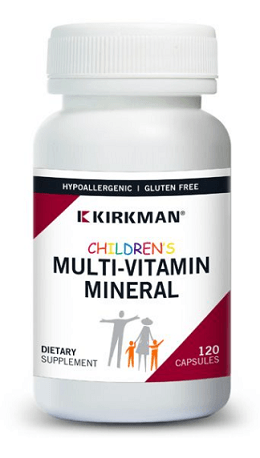
Vitamin D injections deliver a high dose of Vitamin D intramuscularly (into the muscle). After the injection, the muscle gradually releases Vitamin D into the bloodstream. After releasing it into your body, you can then absorb it from other sources such as food and drink for use in your body. This can be more effective than oral supplementation. Many people don't get enough sun, and so may benefit from taking Vitamin D supplements.
Technically, vitamin D isn’t a vitamin at all. The body produces this particular class of fat-soluble hormones. This is achieved by converting the sun's rays into vitamin D when they are absorbed through the skin. However, several factors may prevent you from getting enough vitamin D from sunlight. Use of UV-blocking sunscreen, spending excessive amounts of time indoors, and cloud cover that prevents UV rays from fully penetrating the earth's atmosphere are a few of these causes.
A vitamin D deficiency can result in bone deformities in children, such as rickets, as well as bone pain in adults, known as osteomalacia. Vitamin D tablets are the most common form of supplementation.
During the autumn and winter, the government recommends that everyone consider taking a vitamin D supplement daily. All children aged 1 to 4, as well as all babies (unless they consume more than 500ml of infant formula per day), should take a daily supplement all year.
What Are Vitamin D Shots?
These shots are given through intramuscular injection. The shot hits the muscles. This means that vitamin D is taken into the bloodstream immediately for maximum absorption.
Getting enough vitamin D has become more important with the outbreak of COVID-19, particularly during the winter months. Because most people in the United Kingdom prefer to stay indoors and avoid social connections, their vitamin D levels may be affected.
Technically, injectable supplements are more easily absorbed by the body. As a result, the advantages will be felt sooner than with oral vitamin D intake. The injection procedure also does not necessitate a rigid regimen, so patients can go about their daily lives without concern.
Benefits and Uses
Due to the importance of vitamin D to the body, these injections can improve your well-being. Benefits and uses are given below:
Strong bonesVitamin D reduces the incidence of osteoporosis and helps prevent brittle, weak bones. A lack of vitamin D can result in bone pain and muscle weakness, a condition known as osteomalacia. Moreover, one-third of women over 50 and one-fifth of men in the same age group will experience bone fractures as a result of osteoporosis during their lifetimes. By strengthening your bones and preventing bone loss as you age, vitamin D injections can reduce your chance of fracture from a fall or accident.
A healthy heartVitamin D may be important in maintaining healthy blood vessels (which may help to lower high blood pressure) and lowering cholesterol (to cut the risk of atherosclerosis, and plaque build-up on blood vessel walls).
Researchers discovered that when 80 patients took vitamin D, their heart's pumping function improved from 26% to 34%. There was no change in cardiac function in the placebo group.
A responsive immune systemVitamin D may help with immune support and ward off colds, flu, or other illnesses may also be useful in reducing the symptoms of inflammation produced by autoimmune illnesses. If you suffer from depression, vitamin D may be beneficial and some research suggests a link between low vitamin D levels in the blood and depression symptoms.
Cognitive healthAccording to some researchers, the brain has many vitamin D receptors, which are important not only for developing babies' brains in utero but also for maintaining cognitive function throughout life. Asthma and allergies can be reduced by taking vitamin D. This is especially important for pregnant women to remember and keep in mind, as vitamin D deficiency can increase Asthma and Allergy levels.
A lack of vitamin D can harm the lungs and the immune system, increasing the risk of asthma. Proper vitamin D intake will improve the effectiveness of the users for the treatment of asthma. This is because Vitamin D can help the rest of the Steroids and dispose of them, allowing Asthmatics to recover faster.
Diabetes and weight loss supportFatness and diabetes have been linked to low vitamin D levels. Eliminating a vitamin D deficiency may aid in the management of diabetes symptoms and weight loss efforts.
There are various vitamin D shot benefits, and some people, particularly those who are vitamin D deficient, are better positioned to take advantage of them. The following factors may contribute to a lack of vitamin D:
- Improper sun exposure produces produce vitamin D naturally
- As we get older, our ability to produce vitamin D decreases.
- Celiac disease and Crohn's disease are examples of fat absorption disorders.
- Darker skin tones do not produce as much of the vitamin
Side-effects
Hypercalcemia is the most concerning potential side effect of taking high doses of vitamin D. (high blood levels of calcium). Hypercalcemia, however, only happens when vitamin D levels in the blood are extremely high. If you take extra vitamin D at the recommended dose, you are very unlikely to develop this condition.
It is highly improbable that taking 400 IU (10 g) of vitamin D daily will have negative side effects on the majority of adults.
Always consult your doctor before beginning a regular dose of a new medication. After your test, your doctor will suggest if you have any medical conditions or are taking any other medications. Additional side effects include:
- Rash,
- Urticaria
- Vitamin D toxicity,
- Anorexia,
- Vomiting
- Fatigue
- Weakness
- Thirst
- Frequent urination
- Constipation
When Not To Take Vitamin-D
Do not take vitamin D supplements if you have:
- Hypercalcaemia
- Severe kidney disease
- Kidney stones
- Heart disease
- Sarcoidosis
- Allergy to vitamin D
Other allergies like vitamin D drops contain aspartame, peanut oil, and other ingredients like food dyes and colours. Examine the product's ingredients extensively.

Injections and IVs vs. Supplements
Injections deliver vitamin D directly to the bloodstream. This makes these shots extremely effective for anyone looking to boost their vitamin D levels. IVs also deliver vitamin D to the bloodstream, allowing for rapid and effective absorption. Vitamin D is typically one of several nutrients included in an IV bag, along with a sterile saline solution.
Both of these options are superior to traditional oral supplements. Pills, tablets, and liquids must be digested first, reducing the amount absorbed into the bloodstream.
Should I Get a Vitamin D Injection?
If you have any risk factors for vitamin D deficiency, you should consider getting injections. You should also get an injection if you have symptoms of D3 deficiency such as fatigue, weak bones, weight gain, sleep problems, headaches, depression symptoms, and digestive problems. Always consult your doctor before getting a vitamin D injection. Your doctors will recommend some tests to find out about vitamin D deficiency.
When should you get vitamin D shots?
Vitamin D is found naturally in foods such as cheese and fatty fish, as well as in vitamin D-fortified foods such as dairy products and cereals. If you are unable to obtain your daily recommended intake of vitamin D from dietary sources or sun exposure, vitamin D supplementation is the only option. You have the option of taking a vitamin D supplement or getting vitamin D injections. Three intramuscular injections of vitamin D are typically given annually at predetermined intervals to treat vitamin D deficiency; however, the dosage will change based on the patient's overall health, baseline vitamin D levels, and calcium levels. Vitamin D injections contain 300,000 IU of vitamin D.
For patients with severe vitamin D deficiency, vitamin D from a single injection is more effective than vitamin D from oral supplements. People with dark skin, those with kidney issues, and those who have trouble absorbing vitamin D from food due to poor intestinal absorption frequently receive multiple doses of vitamin D injections. Your doctors will recommend some tests to find out about vitamin D deficiency.
Compare Vitamin D Injection vs. Oral
The body can effectively absorb vitamin D from both oral intake and injections, according to a study on the overall effectiveness of vitamin D injections and oral applications. Although oral supplements fall short of what turns out to be a fairly common problem, getting vitamin D into your system through shots and oral applications are both efficient methods. This study found that a sizable proportion of people who start an oral vitamin D supplement regimen don't stick with it. After what frequently turns out to be a brief period, people begin skipping oral doses and eventually stop taking the oral supplement altogether.
Thus, even though oral consumption of vitamin D is an effective delivery system, that regimen often times proves inadequate because people don’t remain committed to it. There are some myths associated with vitamin D injections that were addressed in the referenced National Institutes of Health study as well. A prime misconception is that vitamin D injections are costly.
So, even though oral vitamin D consumption is an efficient method of delivery, people frequently found that their regimen is insufficient because they don't stick with it. Injecting vitamin D is expensive, which is a common misconception. According to the study, getting a vitamin D injection is frequently less expensive than getting oral doses. The idea that receiving vitamin D shots requires a lot of time is another common misunderstanding. When performed by qualified, dependable professionals, this type of treatment only needs to last a few minutes.
Conclusion
Vitamin D injections are a fast and effective way of getting vitamin D into your system when you sorely need it. If you are worried about your vitamin D levels, check here to get it tested









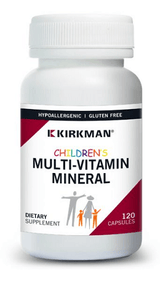
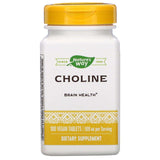
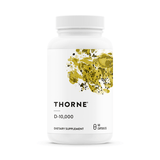
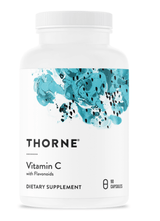

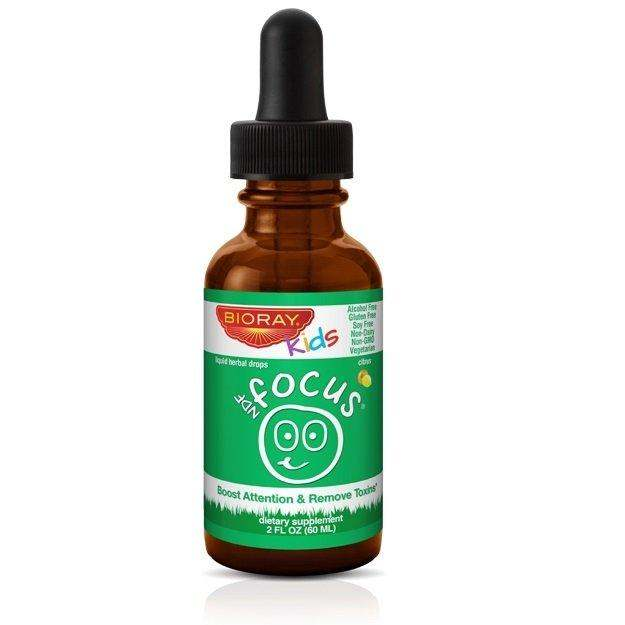
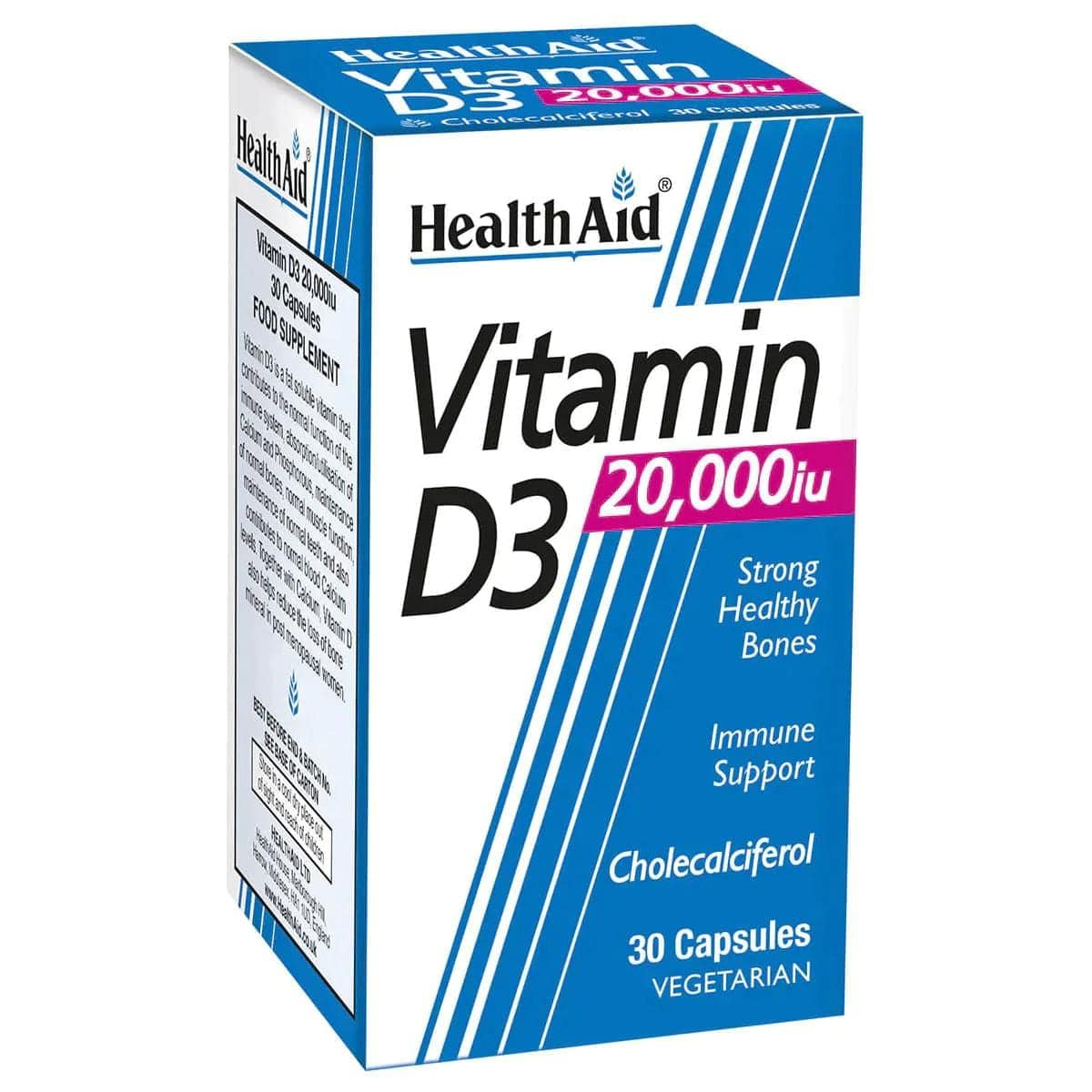


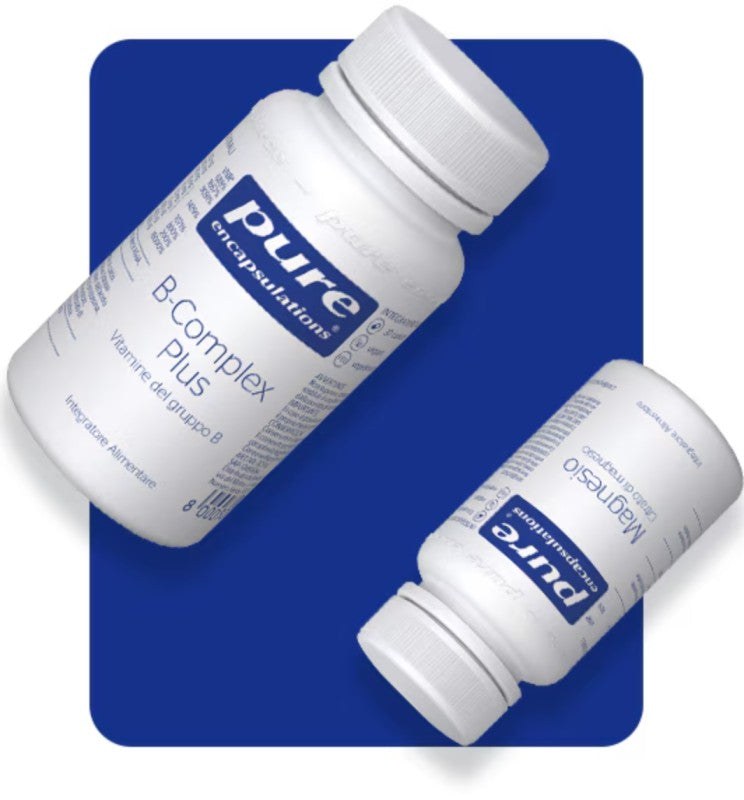
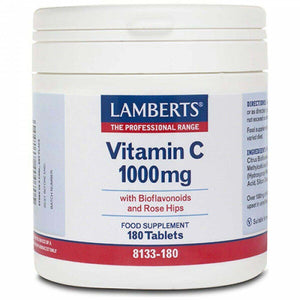





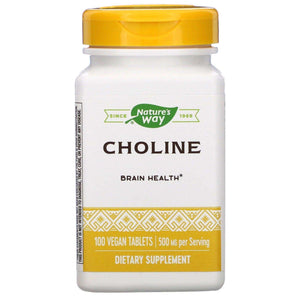
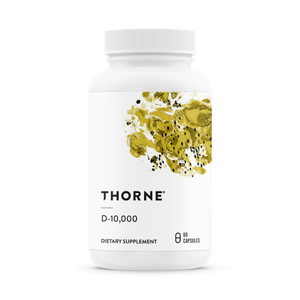
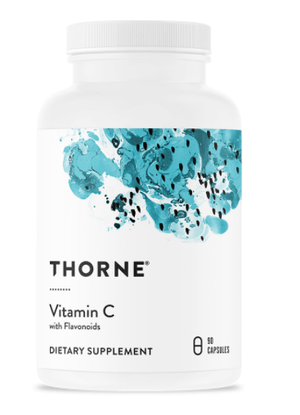
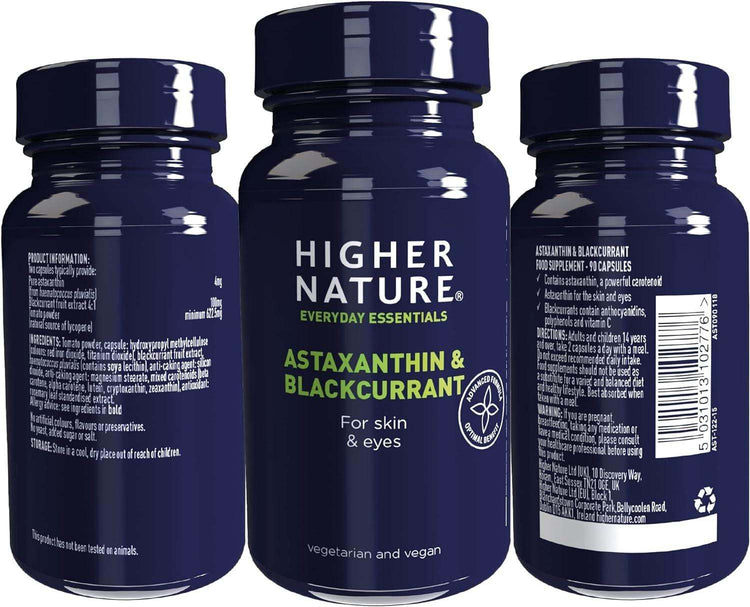







 Rated Excellent by 14,617+ Reviews
Rated Excellent by 14,617+ Reviews